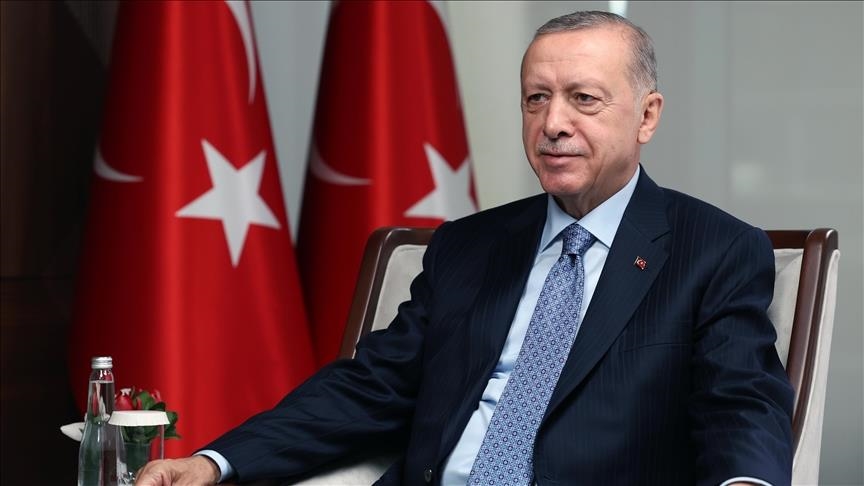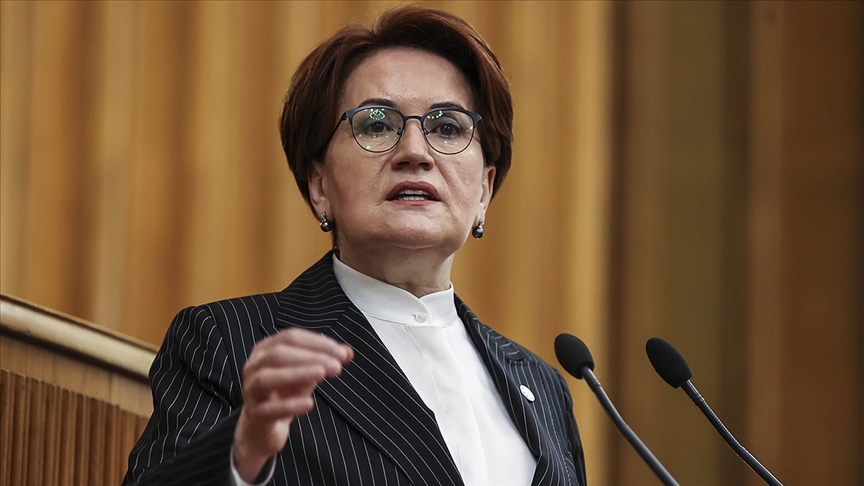Turkey continues to prepare for one of the most important elections in its recent history.
We have previously written about the general mood in Turkish society on the eve of the decisive voting and the ruling coalition's position on the issues important to Ukraine. This time, we are going to analyze the current trends in the election race.
Last week, Turkey's leading sociological company MetroPOLL released the results of a new “Turkey's Pulse” survey for September, according to which 48,5% of the population are not satisfied with the current president's policies, while 46,6% approve of his performance in the president’s role. The difference is small, within the statistical margin of error, and unstable – the situation for Recep Tayyip Erdoğan has improved by several percent compared to last month. It seems that shifting the focus of attention from dubious military operations to solving domestic political and economic problems (at least at the rhetorical level) has paid off. Although the lack of foreign capital, rising inflation and the devaluation of the national currency are unlikely to significantly increase the ranks of supporters of the ruling coalition, the promises of “improving life today” made it possible to somewhat halt the rate of decline in the government’s ratings.
Experts note that the basis of Erdoğan's election campaign will likely be “candies” for various segments of voters – favorable conditions for housing loans for young people, salary increases, social benefits and pensions. However, generous economic gestures risk further depleting the state's already depleted financial resources – and further worsening its balance of payments. Last week, the Turkish Central Bank once again shocked the market by reducing the base discount rate from 13% to 12%. The president's promises to lower rates to single digits by the end of the year could give new impetus to the financial crisis.
In an interview with the Turkish media following a visit to the UN General Assembly in New York, Erdoğan announced the slogan of the Justice and Development Party (AKP) in the 2023 elections as the slogan “Century of Turkey” (Century of Türkiye), which should emphasize the country's growing role in the new world order. However, given the existing internal problems, the question remains whether it will also be the “century of AKP”.

Photo: Anadolu Agency
The slight gap in votes between the parties, which as of the beginning of October have a chance to enter the Turkish parliament by overcoming the sufficiently high threshold of 7%, does not promise an easy election campaign. According to the latest polls, the ruling party maintains a slight lead in the “single race”, but there are still too many unknowns to predict the overall winner.
One of them is the absence of a single presidential candidate from the united opposition. On October 2, the long-awaited congress of the leaders of the opposition platform took place – six ideologically diverse parties, which agreed to stand in the elections as a united front for a change of power in the country and a return to the parliamentary system of government. Although less than 9 months remain before the elections, the name of the only candidate has not been agreed upon.
However, there were no disagreements among those present in the assessment of Russia's illegal actions in Ukraine: in the joint statement adopted as a result of the party congress, probably the only thing in which the opposition politicians supported the government was the non-recognition of Russia's annexation of new territories of Ukraine, as well as the previously occupied Crimea.
Internal contradictions over the allocation of future portfolios became more visible after last week Meral Akşener, leader of the Good Party, questioned the ambition of Kemal Kılıçdaroğlu, head of the main opposition force, the Republican People's Party (CHP), to run for president on behalf of the entire bloc. In a thinly veiled criticism of the “main oppositionist”, Akşener hinted at Kılıçdaroğlu's significantly lower chances in the confrontation with Erdoğan, even compared to his other party members – the popular mayors of Istanbul and Ankara, Ekrem Imamoglu and Mansur Yavaş. After all, according to her, the only candidate should be a person “who is really capable of defeating” the current president.

Photo: Anadolu Agency
To make things even more confusing, the same week it was officially announced that another electoral bloc would be created. The new project, that got a name of the Union of Labor and Freedom, includes the pro-Kurdish Peoples' Democratic Party (HDP) – the third-largest party in parliament with 56 deputies – and five smaller left-leaning political forces: socialists, communists and major trade unions.
With the formation of a new alliance led by the HDP, which until recently held a pause on the format of participation in the next elections, the united opposition will obviously face an even greater risk of dispersing the “protest” votes – Erdoğan's traditional supporters who have become disillusioned with his economic policies, but have not yet decided on a new favorite. A split among voters could be avoided if the presidential candidate nominated a compromise figure that would satisfy both opposition blocs. It will not be easy to do this, because they occupy opposite sides of the political spectrum: in one case it is about an alliance of Turkish nationalists united by the Kemalist principles of a “single political nation”, in the other – about an alliance of Kurdish and labor forces ready to fight for a liberal social state with the recognition of broad rights for all the oppressed, including national, minorities.
According to some Turkish political scientists, under such conditions, Kılıçdaroğlu, as “the most leftist among all the rightists”, could become that neutral figure who could “satisfy no one – and thus satisfy everyone”.
For his part, after an attack by Kurdish militants on a Turkish police dormitory in the southern province of Mersin on September 26, in which one policeman was killed and another wounded, Erdoğan subjected both Kilicdaroğlu and his party to devastating criticism, calling the CHP a “national security problem” for Turkey. The armed wing of the outlawed Kurdistan Workers' Party claimed responsibility for the attack. However, after the attack, Turkish police arrested about 30 people for alleged links to terrorist groups, including opposition CHP officials working in the Mersin municipality.
If we remember that its leader of the Kurdish People's Democratic Party, Selahattin Demirtaş, has been in prison since 2016 on charges of membership in a terrorist organization, and the Constitutional Court is proceeding with a case regarding the party's complete ban, the question of the future fate of about 12-14% of the votes its supporters is currently more relevant than ever.
Meanwhile, while two opposition “blocs of six” – both on the right and on the left of the political spectrum – are already fighting for the voter's attention in the opposition field, the ruling “People's Alliance” of the Justice and Development Party and the far-right nationalists of Devlet Bahçeli continues to consolidate its electorate around the ideas of “strong state”, which needs “strong power”.
How convincing these arguments will be for the Turkish voter depends not only on the opposition's ability to negotiate, but also on the government's ability to back up pre-election slogans with real steps to improve the economic situation. Currently, both tasks appear as starred tasks.
Read in more detail about the foreign policy priorities of the Turkish opposition and the possible consequences of the change of power in Turkey for Ukraine in the following materials of UA:SOUTH.